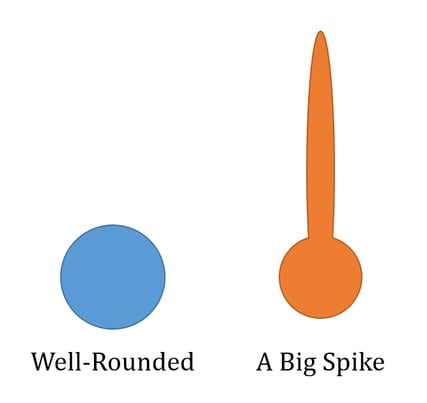- Messages
- 1
- Reaction score
- 5
- Points
- 1
Hi. I'm from Pakistan.
I finished my A levels last year and I took a gap year. I've done a lot of different stuff during this gap year so that I get some experience before applying abroad. In my gap year, I've done an internship in a student-loaning organization, a marketing training in a pharmaceutical company and I've also volunteered at an NGO for health and education in the rural areas. I have also taken guitar lessons and have spent a lot of time playing Basketball & Soccer and I have become really good at it. As my gap year has almost come to an end, I'm about to apply abroad for my higher education. The problem is that I achieved very poor grades in my O level examination. Nothing more than a C. After getting such poor results, I promised myself that I will change and I did. I took Physics, Mathematics, Further Mathematics, Chemistry, Biology, GP, Sociology, CS, ICT and English in my A levels. I got A* in Mathematics, Further Mathematics, Physics, CS, ICT and GP and got As in the rest. I also scored 2300/2400 in my SAT and got 32/36 in my ACT. I also took SAT Subject Test for Mathematics Level 1, English Literature and Physics. I score 770/800 in Math, 760/800 in English and 780/800 in Physics. These are great if you look at the average scores of these subjects. So with all these experiences, good High School (A Levels) record and good standardized tests scores, do you think I have a good chance of being accepted in universities like Harvard, UIC, NYU, Columbia, Princeton and Duke? I think so but I keep having doubts because of my poor O level grades. I would love to go abroad and attend schools like these. Harvard and UIC are my dream colleges.
I finished my A levels last year and I took a gap year. I've done a lot of different stuff during this gap year so that I get some experience before applying abroad. In my gap year, I've done an internship in a student-loaning organization, a marketing training in a pharmaceutical company and I've also volunteered at an NGO for health and education in the rural areas. I have also taken guitar lessons and have spent a lot of time playing Basketball & Soccer and I have become really good at it. As my gap year has almost come to an end, I'm about to apply abroad for my higher education. The problem is that I achieved very poor grades in my O level examination. Nothing more than a C. After getting such poor results, I promised myself that I will change and I did. I took Physics, Mathematics, Further Mathematics, Chemistry, Biology, GP, Sociology, CS, ICT and English in my A levels. I got A* in Mathematics, Further Mathematics, Physics, CS, ICT and GP and got As in the rest. I also scored 2300/2400 in my SAT and got 32/36 in my ACT. I also took SAT Subject Test for Mathematics Level 1, English Literature and Physics. I score 770/800 in Math, 760/800 in English and 780/800 in Physics. These are great if you look at the average scores of these subjects. So with all these experiences, good High School (A Levels) record and good standardized tests scores, do you think I have a good chance of being accepted in universities like Harvard, UIC, NYU, Columbia, Princeton and Duke? I think so but I keep having doubts because of my poor O level grades. I would love to go abroad and attend schools like these. Harvard and UIC are my dream colleges.

